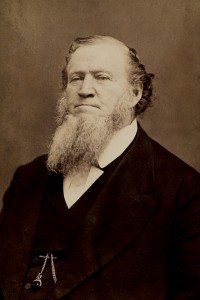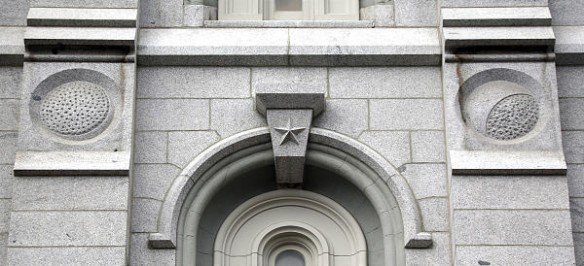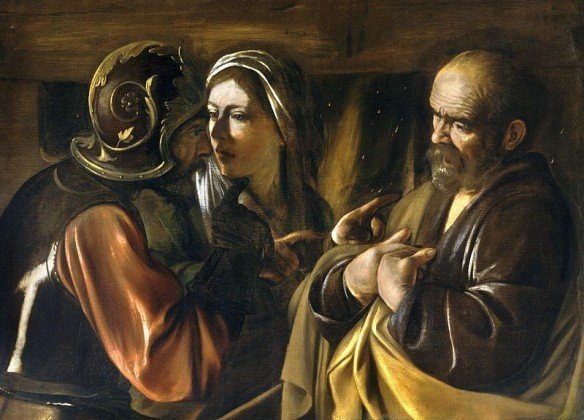With the LDS Church releasing commentary on Race and the Priesthood, it has become fashionable to believe someday a full apology will be given that a ban was ever instituted. Most Mormons say we don’t know why or when the ban was first instituted, questioning if it was from God or man. The prophets, the arguments go, were wrong. The problem with these lines of thinking is that the record indicates the why and when does exist, even if existential questions remain.
Since the start of Mormonism, written records have been an important part of the religion. A few revelations, such as D&C 47, instruct individuals to write and collect records as a testimony. Researchers have noted the amount of history and biography available for research. Very few religious organizations have as much of a paper trail to read. Although not everything was written down to substantiate, it doesn’t matter if a person agrees with the attribution of the divine hand of God. There is a lot to sift through and examine for each facet of development.
The Priesthood ban for blacks is not without its own records. Probably the best study of the issue is from Chapter 4 of Neither white nor Black, an article written by Lester E. Bush, Jr. Despite the introduction that claims he refutes the orthodox explanations of the origin of the ban, his findings actually substantiate that a well recognized ban did exist. It it true that some of the more “folk doctrine and history” are seriously questioned. The clear line of authority for its beginnings remain intact, even with some inexplicable twists and turns.
For a complete understanding of where and when the ban developed, it must be acknowledged that it didn’t come from Joseph Smith. That seems to be the major roadblock to accepting it as a genuine authorized policy. Although still having the prejudices of the time, he was progressive in treating blacks as worthy of equal treatment. That isn’t to say he was an abolitionist in the strict sense of the word. For him masters still had claim to slaves even if ideally all men should be free. This was consistent with the New Testament “hands off” approach to the currently reviled institution. In the Church during his life blacks had no Priesthood ban or any restrictions. For those who insist that the ban was wrong and without authority, this would be the end of the argument. Yet, the Church he founded believes in a continual line of prophets and revelation. His words and teachings might be the first and most scrutinized, but not the last. Continue reading →




